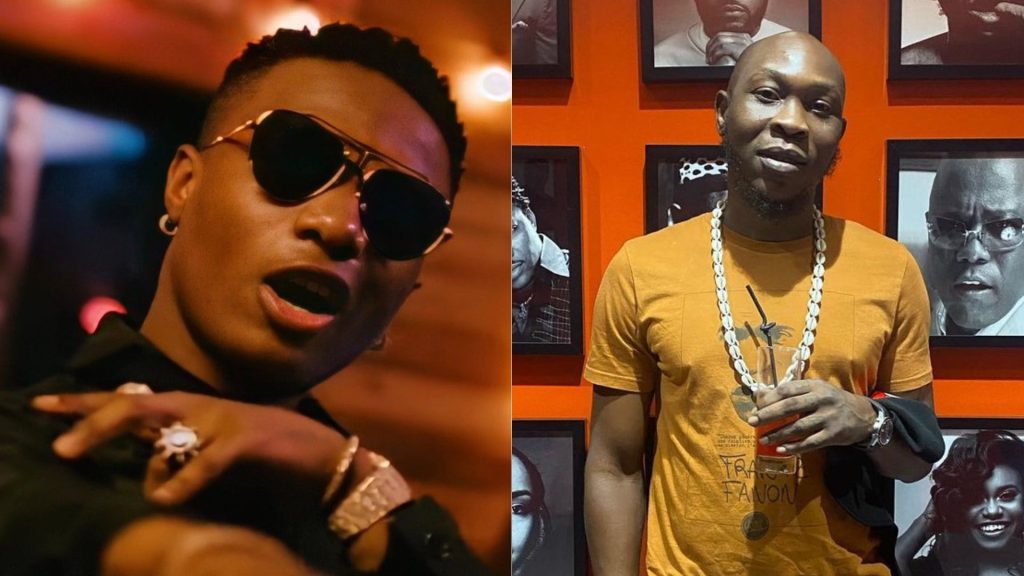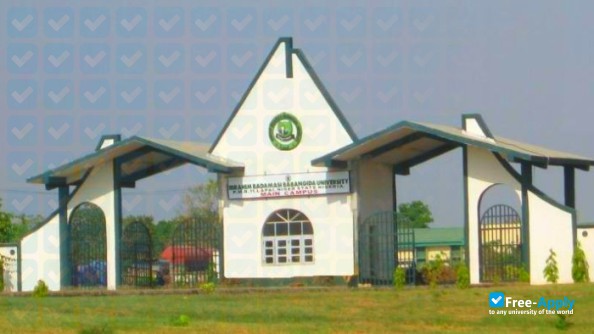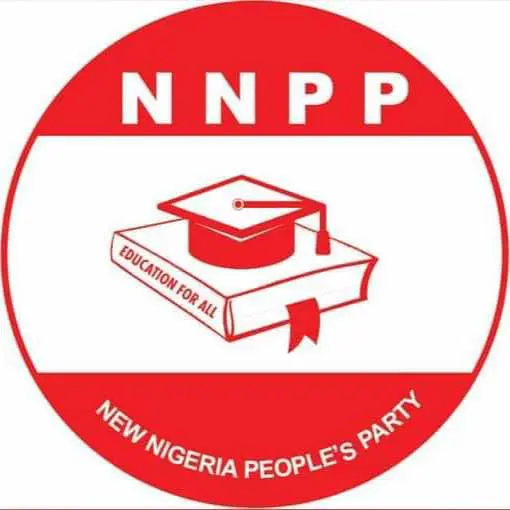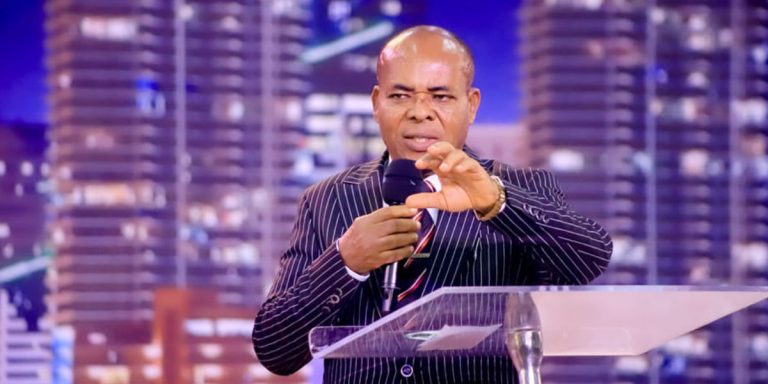The African Democratic Congress, ADC, which was recently adopted as the platform for the opposition coalition, is facing challenges in gaining momentum. This decline is attributed to the reluctance of some presidential candidates, including Peter Obi and Alhaji Atiku Abubakar, to officially join the party.
The coalition, comprising prominent figures such as former Governor of Anambra State Peter Obi, former Vice President Atiku Abubakar, and former Governor of Rivers State Chibuike Amaechi, had initially shown promise. However, the failure of key political leaders to formally register with the ADC has raised concerns among party members.
According to sources within the coalition, the ADC is struggling to gain traction due to the refusal of Atiku, Obi, and other key figures to officially join its ranks. The party’s National Working Committee, NWC, has expressed worries that presidential hopefuls Atiku Abubakar and Peter Obi are yet to formally register with the party.
Atiku has left the Peoples Democratic Party, PDP, but has remained partyless, while Obi has not left the Labour Party, LP, and has stated that he would remain in the LP while following up on activities of the ADC. This uncertainty has led to speculation about the future of the coalition and the potential consequences of Obi’s decision.
Some analysts believe that Obi’s reluctance to join the ADC could be a strategic move, while others see it as a risk that could undermine the coalition’s credibility. The ADC has maintained that, according to its constitution, new entrants must register as members at ward levels in their home states, in line with the Electoral Act 2022.
The Hon Nafiu Bala-led faction of the ADC has repeatedly pleaded with Abubakar, Obi, and others to formally resign from previous parties and join the ADC. The party’s National Publicity Secretary, Bolaji Abdullahi, has described the potential defection of Obi to the PDP as a risk that the former Anambra governor “cannot take.”
As the situation unfolds, the ADC’s ability to mount a strong challenge in the 2027 elections remains uncertain. The party’s leadership has expressed hopes that key political leaders will formally join the party, while others have speculated about the potential consequences of their delay. With the country’s political landscape continuing to evolve, the ADC’s future and the outcome of the 2027 elections remain to be seen.
The Acting National Chairman of a faction within the ADC, Bala, has expressed disappointment that the political leaders have not officially joined the party, despite their initial declaration of interest. “My expectation was that the next day after their declaration, I expected every one of them to go to their respective ward levels and register as a party member,” he said.
Meanwhile, Chibuike Amaechi, one of the 2027 presidential aspirants who has embraced the coalition, has taken the ADC to Rivers State, appearing to be the only one with clear and straightforward intentions at this point. As the opposition coalition continues to navigate its challenges, the outcome of the 2027 elections and the future of Nigerian politics hang in the balance.



